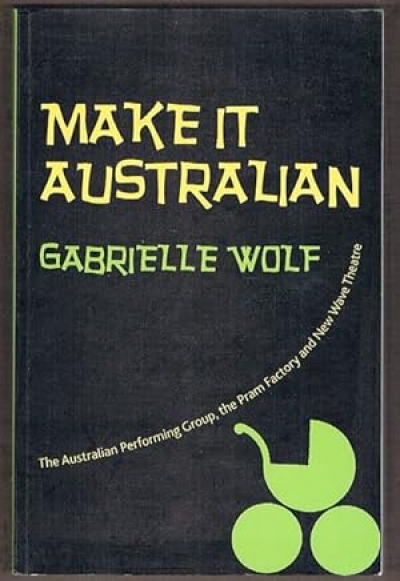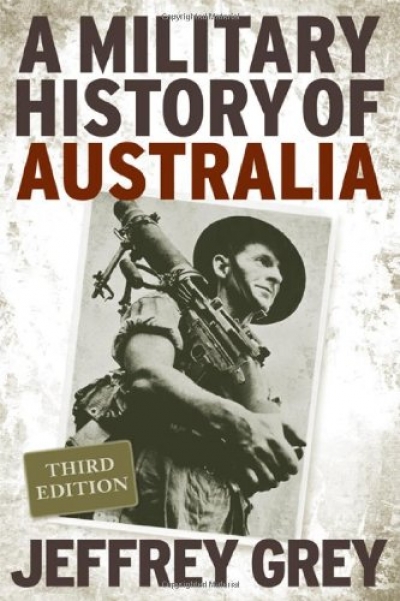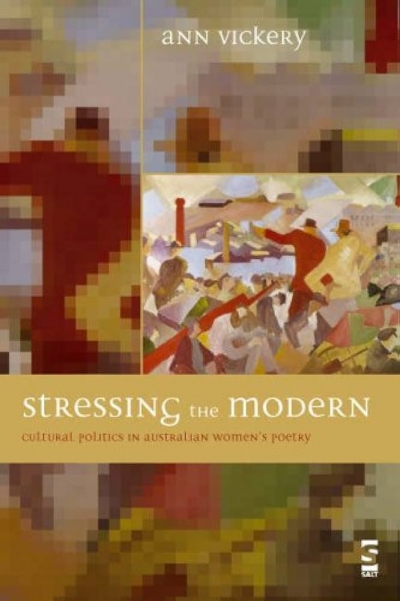Archive
Make it Australian: The Australian Performing Group, the Pram Factory and New Wave theatre by Gabrielle Wolf
by Martin Ball •
Opera from the Greek: Studies in the poetics of appropriation by Michael Ewans
by Robert Gibson •
A Military History of Australia by Jeffrey Grey & Duty First by David Horner and Jean Bou
by Peter Edwards •
But desire is foolish / In the face of fate. / Yet the blindest / Are sons of gods.
Hölderlin
Flying crow-wise over Germany to Russia, we have
set down in a hangar. The children stare at us.
Our persecution is a memory. I’m curious to know,
now we fly from land to land seeking comfort,
what it takes to cure lack once and for all.
Coveting, they say, is the chief antagonist
to any blooming of the heart’s contentedness –
It's not cynical to be wary
Of what comes next.
It’s life’s lesson
Engorged by the media
That small treasures – a leaf, a love –
Are flamed by match or missile,
Destined to be memories.
Stressing the Modern: Cultural politics in Australian women's poetry by Ann Vickery
by Jennifer Strauss •
The Failure of Poetry, The Promise of Language by Laura (Riding) Jackson, edited by John Nolan
by Chris Wallace-Crabbe •








